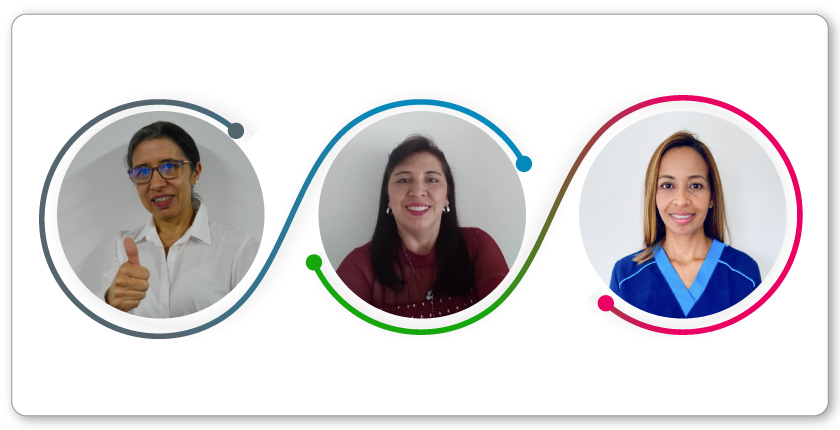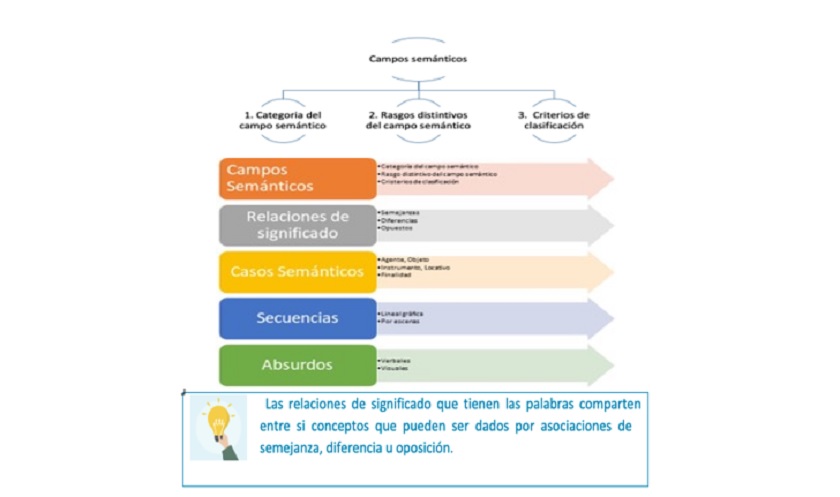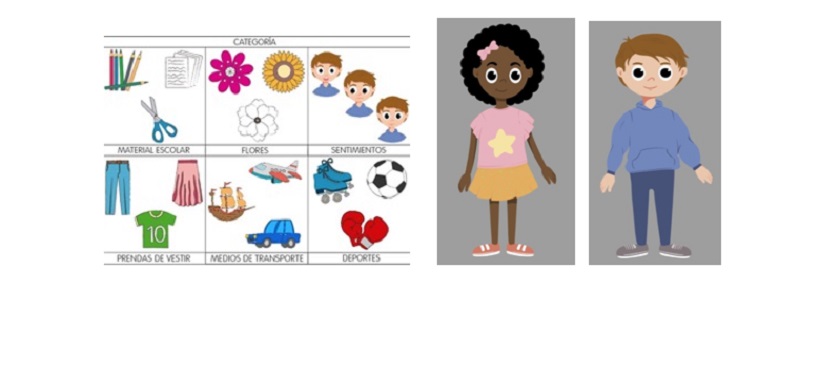Blog
Outstanding research participation of the Speech Therapy program
- 8 noviembre, 2021

The design of an OVA based on the elements of linguistic development and language self-reflection processes to strengthen linguistic awareness and facilitate learning processes, was presented by Adriana Marcela Rojas Gil, María Tatiana Ramírez Lozano and Erica Yanid Prisco Soto in the Latin American Congress of ELE Education 2021, which convened teachers, researchers, academics and students to socialize works aimed at strengthening education that respond to current expectations and needs. The presentation that was presented at said event was the product of a research project developed in the FONOTEC research group of the Speech Therapy program of the María Cano University Foundation. In this one, it is highlighted how semantic awareness focused on self-reflection favors in the child the recognition of their conceptual and meaning processes, which contributes to the advancement in the acquisition of new knowledge and therefore facilitates academic performance.
With this project, a virtual learning object (OVA) is proposed that is constituted, in a virtual strategy that stimulates the activities that children develop, favoring the learning processes and diversifies the approach to stimulate children’s development in the classroom. It is important to mention that, within child development, the preschool stage brings with it an accelerated lexical development and the ability to acquire concepts that are related to each other. In this process, the child between the year and a half to 6 years old each day adds approximately 5 words to his lexicon. The reason why the child increases vocabulary so quickly is related to the strategy, called rapid semantic adjustment, consequently, the child performs an inference process that allows him to make connections between a word and its referent. It is very common for children to give meaning to names for things like shape, size and color, as well as for function and usefulness (Owens 2003).
For this reason, literacy means facing the child to the processes of reading and writing, when he learns to read and write, giving way to the concept of metalanguage, as the strategy that the individual uses to understand what he reads, but also, knowing how to use the written word to express ideas, thoughts and emotions. As a result of this research exercise, there is a teacher’s guidebook that describes each of the units of the OVA for its subsequent implementation; The conceptual elements, which are presented there, are framed in a central idea, a notebook with examples, some resources at the beginning or at the end of the topic to give greater clarity to the concepts presented through videos and ideas to remember, which facilitate the teacher understanding the virtual learning object.

As well as exercises for meta-semantic activation in first grade children; These present a description, the suggested instruction for the child in written text and explanatory audios, which facilitates understanding for those children who still do not read instructions and interactive graphic material for their development, this material is accessed through the classroom virtual María Cano using the previously assigned username and password, which is only granted to each participant.

#MásMaríaCano
